Disturbed EP. 8 - Cults of the Anti-Cults
The anti-cult movement refers to a loosely affiliated network of individuals and organizations that aim to raise awareness about and combat what they perceive as harmful or destructive cults. These groups are concerned with the potential dangers posed by certain religious, spiritual, or ideological movements that exhibit manipulative or controlling behavior, often characterized by authoritarian leadership, isolation from mainstream society, and exploitation of their members.
The origins of the anti-cult movement can be traced back to the 1960s and 1970s when various religious and new age movements gained popularity. Concerns were raised about the potential for these groups to engage in psychological manipulation, brainwashing, financial exploitation, and other abusive practices. Influential figures, such as psychologist Margaret Singer and deprogrammer Ted Patrick, played significant roles in raising awareness about the dangers of cults.
The anti-cult movement employs various tactics to address the perceived threat of cults. These include providing support to families and friends of cult members, organizing educational programs and conferences, lobbying for legal reforms, and sometimes engaging in controversial practices such as deprogramming, which involves forcibly removing individuals from cults and attempting to reverse their beliefs.
Critics of the anti-cult movement argue that it can be overly zealous, infringing upon individuals' religious freedom and unfairly labeling legitimate religious or spiritual groups as cults. They point out that the term "cult" itself is often subjective and can be used pejoratively to stigmatize any minority religious movement. Furthermore, there have been instances where the anti-cult movement has been accused of using coercive tactics in their efforts to counter cults.
It's important to note that the term "cult" can be contentious and lacks a universally accepted definition. Different scholars, experts, and organizations may define and use the term differently, leading to debates and disagreements within the field. It's crucial to approach discussions about cults and the anti-cult movement with a critical and nuanced perspective, considering the complexities involved in issues of belief, individual autonomy, and group dynamics.
-
 0:58
0:58
ReveloProject
11 months agoWorld's Craziest Cult
10 -
 0:15
0:15
HANYMata
1 year agoTalking cults اغنيه استاكوزا لأحمد زكى
5 -
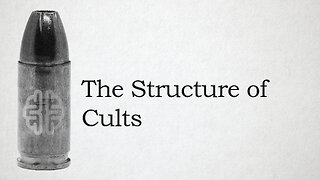 17:10
17:10
New Discourses
1 year ago $0.21 earnedThe Structure of Cults
1.03K5 -
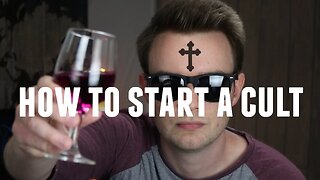 12:06
12:06
Genetically Modified Skeptic Channel Archive
1 year agoThe Skeptic's Guide to Starting a Cult
18 -
 14:13
14:13
Whole Bible Christianity
1 year agoWhole Bible Applications: A New Definition of Cult
36 -
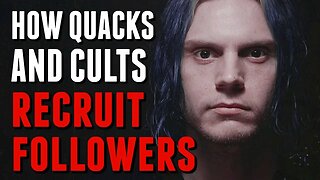 11:07
11:07
Genetically Modified Skeptic Channel Archive
1 year agoHow Quacks and Cults Recruit Followers
10 -
 57:51
57:51
Cafe Locked out
11 months agoRita the ex Jehovahs witness talks passionately about cults
2.99K19 -
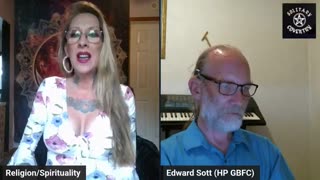 1:16:33
1:16:33
Pagan's Rumble Channel
11 months agoAnimism/Religion/Spirituality/Cult
80 -
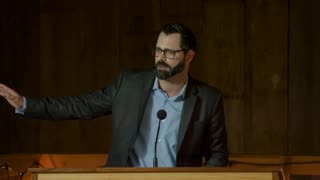 54:26
54:26
Question Everything
1 year agoIf Christ Has Enemies, Why Don’t His Followers?
21 -
 2:20
2:20
RedpillUSAPatriots
1 year agoIt’s a cult
1.05K12